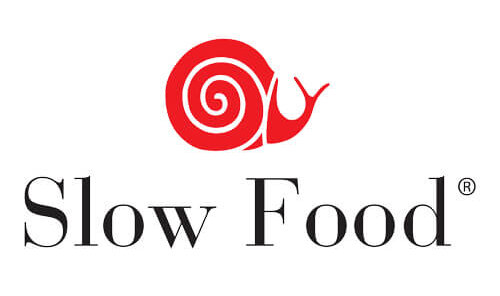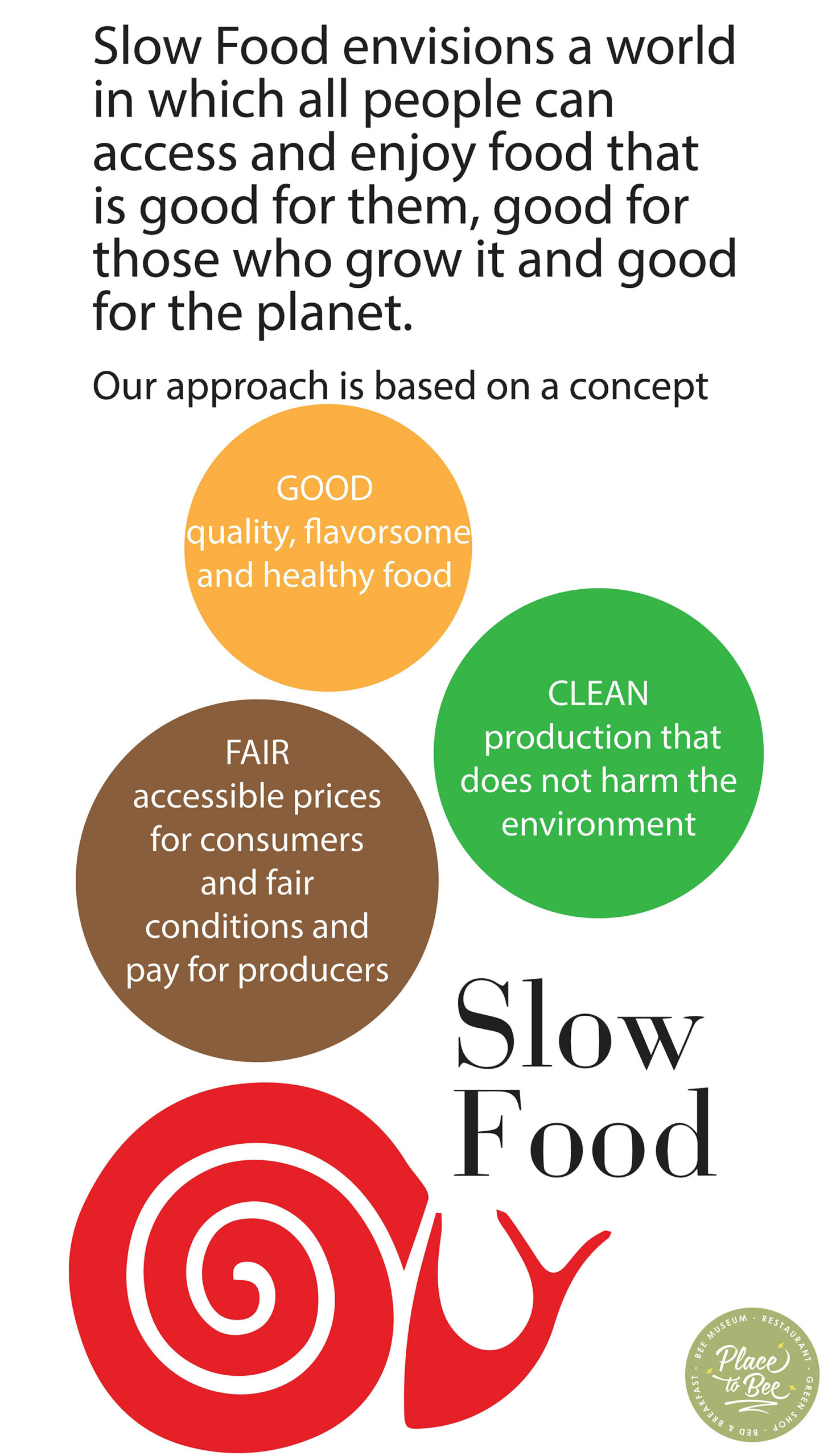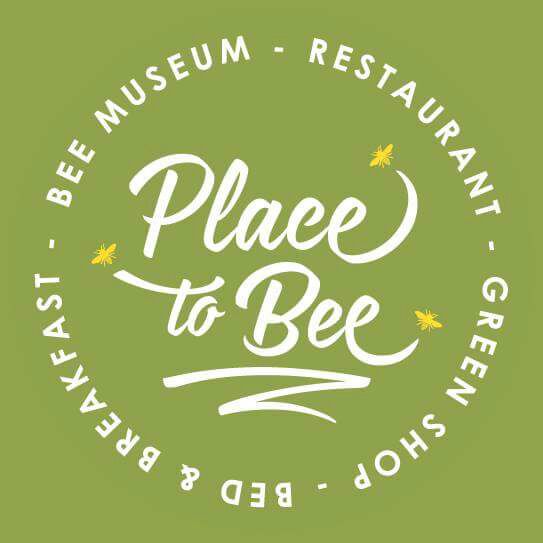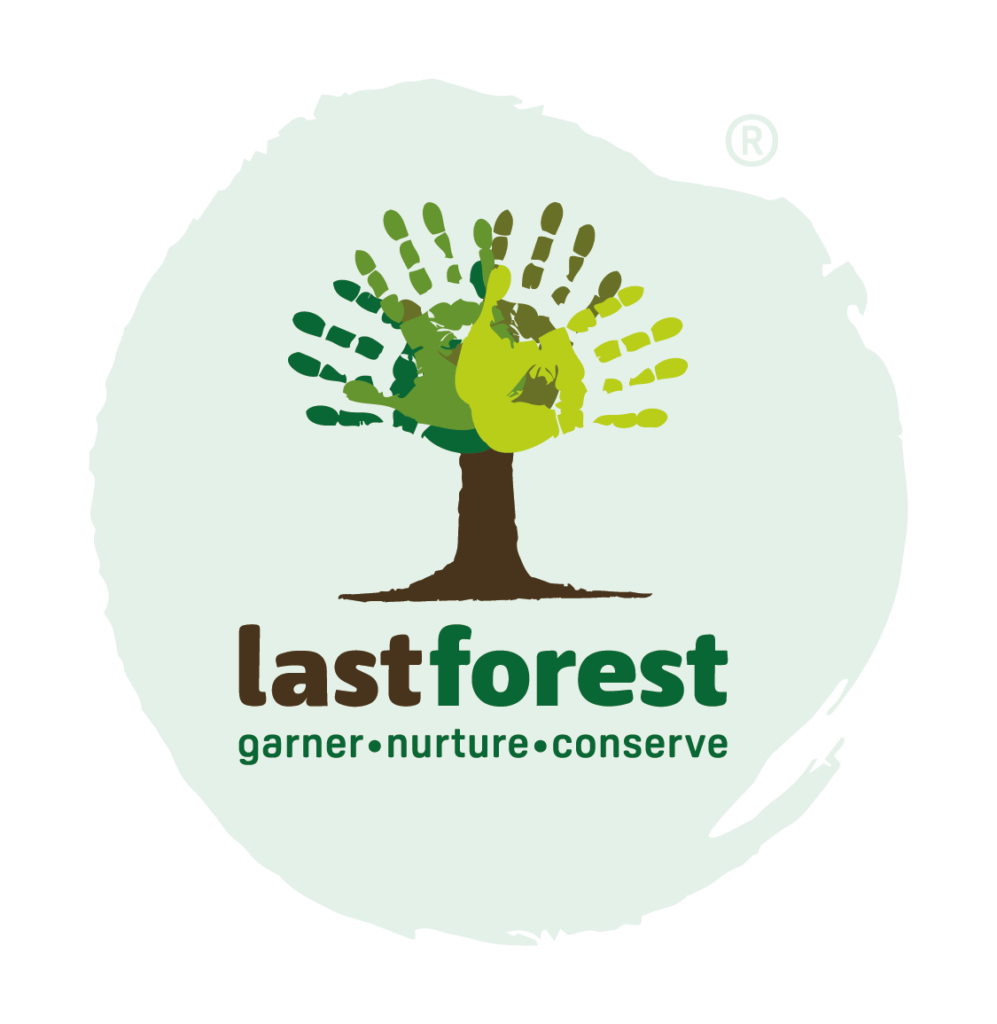
Slow Food is an organization that promotes local food and traditional cooking. It was founded by Carlo Petrini in Italy in 1986 and has since spread worldwide. Promoted as an alternative to fast food, it strives to preserve traditional and regional cuisine and encourages farming of plants, seeds, and livestock characteristic of the local ecosystem.
It promotes local small businesses and sustainable foods. It also focuses on food quality, rather than quantity. It was the first established part of the broader slow movement. It speaks out against overproduction and food waste. It sees globalization as a process in which small and local farmers and food producers should be simultaneously protected from and included in the global food system. Know more about the movement here : https://www.slowfood.com/
objectives of the slow food movement
- Developing an “Ark of Taste for each ecoregion, where local culinary traditions and foods are celebrated
- Creating “Praesidia” grassroots organizations to promote slow foods to the public.
- Forming and sustaining seed banks to preserve heirloom varieties in cooperation with local food systems.
- Preserving and promoting local and traditional food products, along with their lore and preparation.
- Organizing small-scale processing (including facilities for slaughtering and short run products)
- Organizing celebrations of local cuisine within regions (for example, the Feast of Fields held in some cities in Canada)
- Promoting “taste education”.
- Educating consumers about the risks of fast food
- Educating citizens about the drawbacks of commercial agribusiness and factory farms
- Educating citizens about the risks of monoculture and reliance on too few genomes or varieties
- Developing various political programmes to preserve family farms
- Lobbying for the inclusion of organic farming concerns within agricultural policy
- Lobbying against government funding of genetic engineering
- Lobbying against the use of pesticides
- Teaching gardening skills to students and prisoners
- Encouraging ethical buying in local marketplaces


Last Forest, within Slow Food and Slow Food Nilgiris, has consistently championed the cause of preserving traditional and local foods in the Nilgiris Biosphere Region. As a steadfast advocate for sustainable agriculture and biodiversity conservation, Last Forest has, through the years, played a pivotal role in promoting the consumption of locally sourced products, fostering a strong connection between producers and consumers. Through its active participation in the Slow Food network, Last Forest successfully incubated a remarkable culinary establishment named ‘Place to Bee.’
This pioneering restaurant, which emerged as one of the first slow food restaurants in the country, exemplified the essence of Slow Food’s principles. ‘Place to Bee’ not only offered delectable dishes made from locally grown, seasonal ingredients but also functioned as a community space, promoting education on the importance of preserving indigenous culinary traditions and supporting local farmers. Last Forest’s efforts in nurturing ‘Place to Bee’ underscored its unwavering commitment to the Slow Food movement and its mission to celebrate and preserve the cultural heritage of food while embracing sustainability and environmental consciousness.
Place to Bee was launched in 2015 with Aritra leading the project and Abhijeet from Kolkata joining as a chef. An Italian couple helped put together a fusion menu with local dishes. However, when the COVID-19 pandemic hit, there was a pause. LFE team members had to migrate back to their home base. Eventually, it marked the end of the restaurant.
